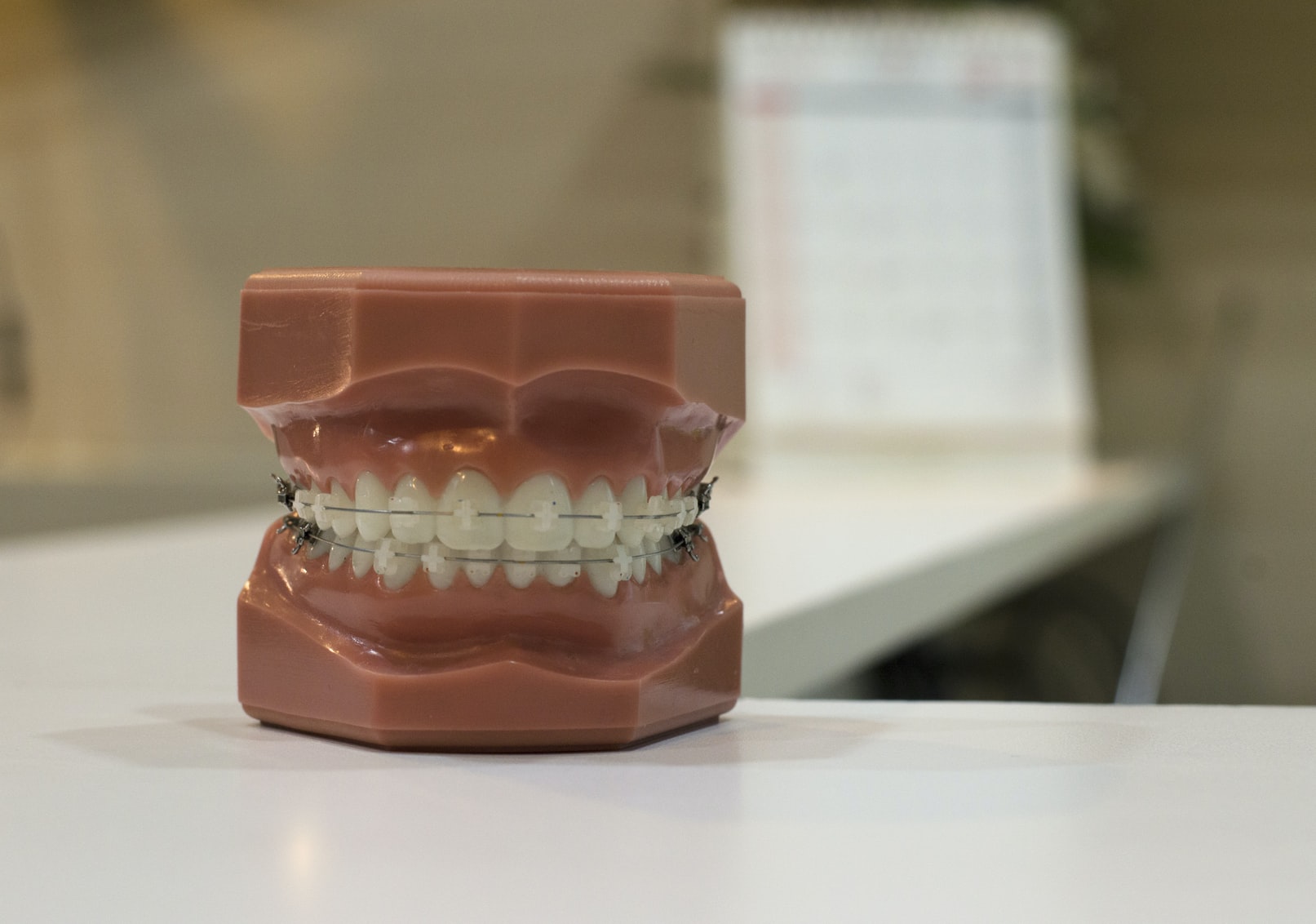Braces are excellent tools for straightening teeth and correcting bites, but they do make your pearly whites difficult to clean! Consisting of brackets, which are temporarily cemented to your teeth, and connecting wires, braces make it difficult for your toothbrush to make much contact with the surfaces of your teeth, which can present issues with brushing and flossing.
People who wear fixed metal braces often struggle to fight plaque and keep their smile clean while undergoing treatment. The good news is that, with a few minor adjustments to your oral care routine, you can help keep plaque away and have a clean smile throughout your orthodontic care!
Keep Brushing: But Consider Electric
Of course, you still need to brush your teeth while wearing braces, and you should stick with brushing two times a day for two minutes each time. However, it may not feel like you’re doing much good brushing with a traditional toothbrush, which can make it feel like you’re cleaning more brackets and wires than you are teeth!
Consider using an electric toothbrush, which has been shown to not only be more effective at removing plaque, but to help people with fixed metal braces to maintain a cleaner smile [1]. Electric toothbrushes also have smaller brush heads, which can help you better reach the surfaces of your teeth.
If you do choose to stick with a manual toothbrush, keep in mind that your toothbrush bristles may wear out faster than normal, so you may need to pick up a toothbrush more often than once every three months!
Use Interdental Cleaners
Interdental cleaners include a variety of devices designed to clean in between your teeth. These could include interdental flossers, which help you thread floss in between wires to effectively floss with braces, or cleaners designed to “brush” under wires to reach the surfaces of your teeth.
For people with orthodontia, interdental flossers and other cleaners can be immensely helpful for a clean smile. In fact, one of the best tools for people with braces when cleaning their teeth are water flossers. Research shows water flossers—which use a stream of water to “floss” between your teeth—are excellent for removing plaque and reducing gum inflammation [2].
If You Don’t Use Mouthwash, Consider Starting
Mouthwash can be a helpful addition to your oral care routine with braces. Mouthwash can help remove bacteria and plaque in addition to your regular brushing and flossing routine, not to mention give you fresher breath! Your dentist may also recommend a mouthwash that contains fluoride, which can help you fight cavities for stronger teeth. Just be sure to not replace brushing and flossing with mouthwash. It should be used in addition to your oral care routine, not in place of it!
Keeping Your Teeth Clean With Braces!
Braces are effective at straightening teeth, but make proper oral hygiene challenging. Keeping your teeth as clean as possible while receiving orthodontic treatment can help your smile be all the more stunning when your braces come off. Ask your orthodontist about more tips to keep your teeth clean with braces!
Sources:
1. https://www.ncbi.nlm.nih.gov/pmc/articles/PMC4647037/
2. https://www.ncbi.nlm.nih.gov/pmc/articles/PMC6630384/









